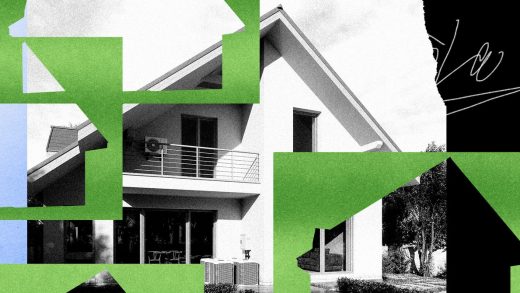Uber and Lyft have agreed to pay a combined $328 million in settlements following a wage theft investigation by the New York attorney general’s office. According to New York AG Letitia James, the companies’ policies “systematically cheated their drivers out of hundreds of millions of dollars in pay and benefits.” They’ll both now have to pay settlement funds to more than 100,000 current and former drivers in New York, and offer both minimum hourly pay rates and paid sick leave.
In the two settlements, Uber has to pay $290 million, while Lyft must pay $38 million. The AG’s office found both Uber and Lyft shortchanged drivers by deducting sales taxes from drivers’ commissions that should have been paid by riders between 2014 and 2017. They also did not offer paid sick leave. As a result of the settlement, drivers outside of New York City will be guaranteed an earnings floor of $26 per hour (NYC drivers already have minimum rates under Taxi & Limousine Commission regulations), and will earn one hour of sick pay for every 30 hours worked. This will be capped at 56 hours per year.
NYC drivers will get $17 per hour for sick leave, while drivers outside of the city will get $26 per hour. Both rates will be adjusted annually for inflation. Drivers can put in a claim for their share of the settlement on the New York Attorney General’s website. The companies will also be required to update their apps to improve the process for putting in sick leave requests and provide support for pay-related questions, plus earnings statements for drivers which explain their compensation in detail.
New York has been cracking down on app-based service providers in recent years amid a push by the Biden administration to see gig workers classified as employees. A California court, however, slapped down one such bill in March, allowing companies to continue classifying their drivers as contractors. But NY has made progress recently in securing more protections. In September, Uber, GrubHub and DoorDash were told they must pay their delivery workers a minimum wage.


